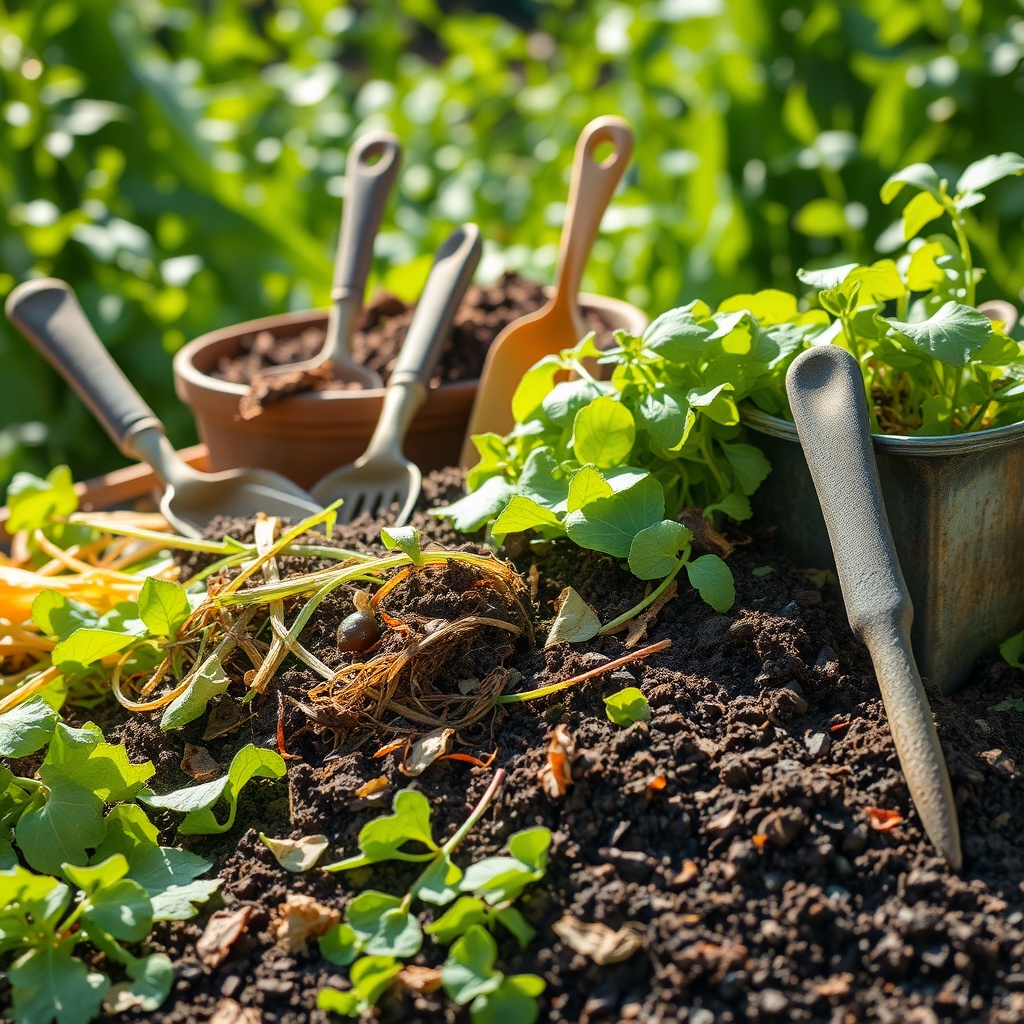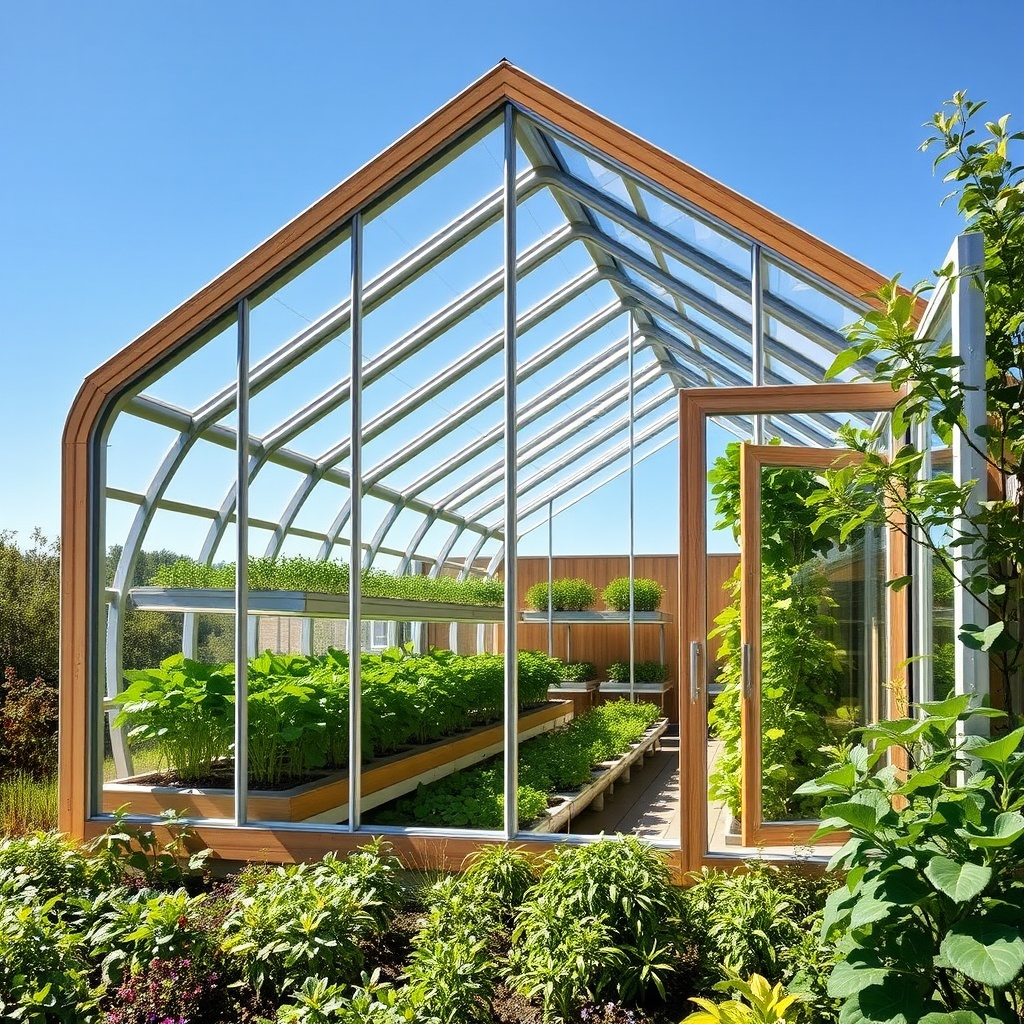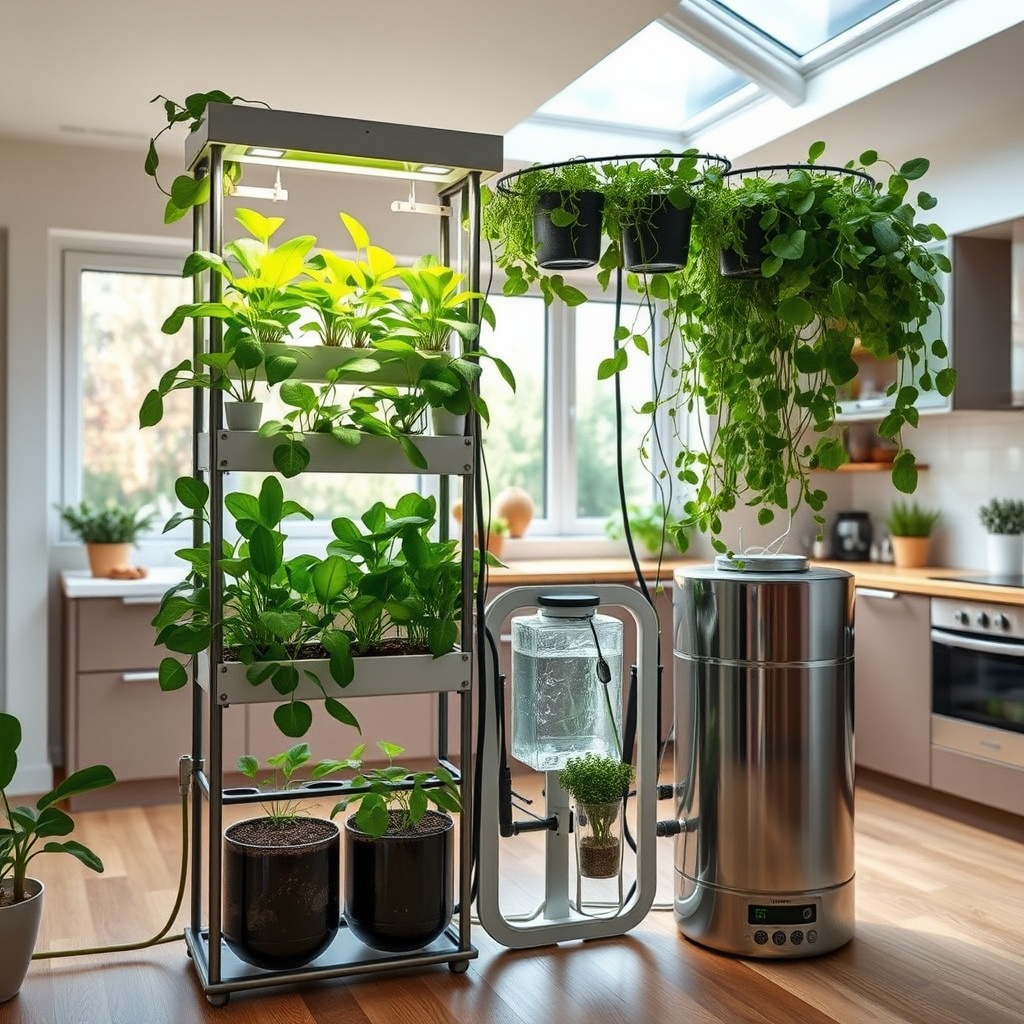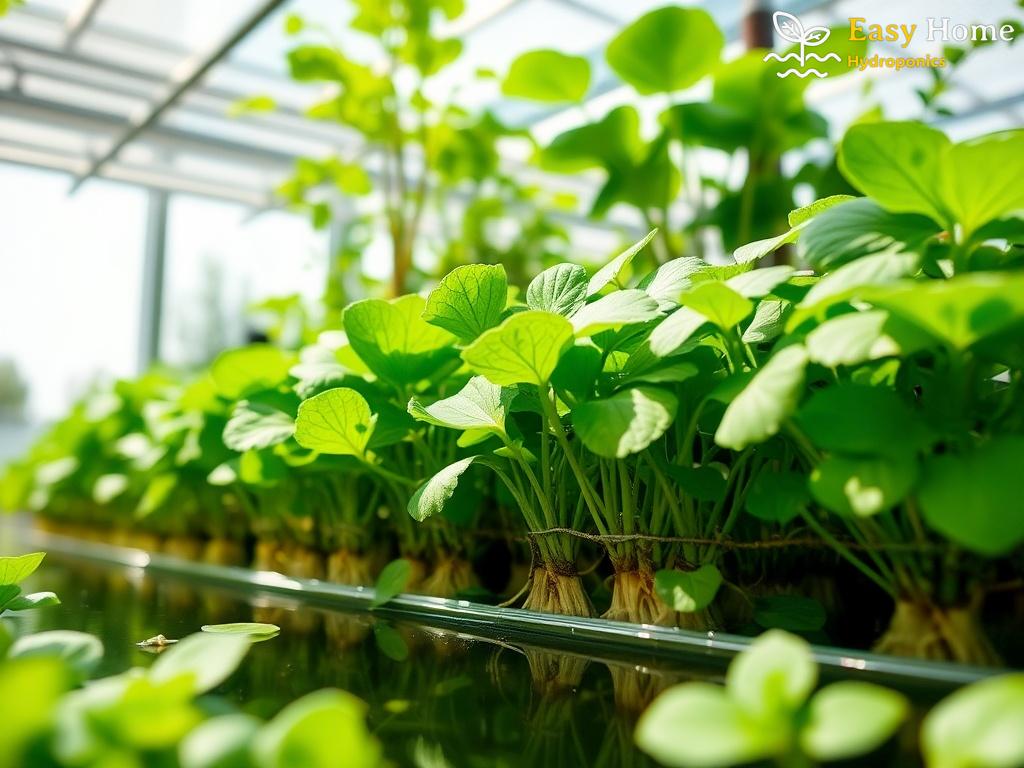In the world of sustainable agriculture, hydroponics has emerged as a revolutionary method to grow plants without soil. While this technique has numerous benefits, it also generates a significant amount of organic waste. Instead of discarding this material, why not turn it into a resource? Composting hydroponic waste not only reduces landfill contributions but also enhances soil health and promotes circular economy practices in gardening. Here, we explore effective tips and techniques to compost hydroponic waste, transforming what was once deemed refuse into nutrient-rich compost.
Understanding Hydroponic Waste
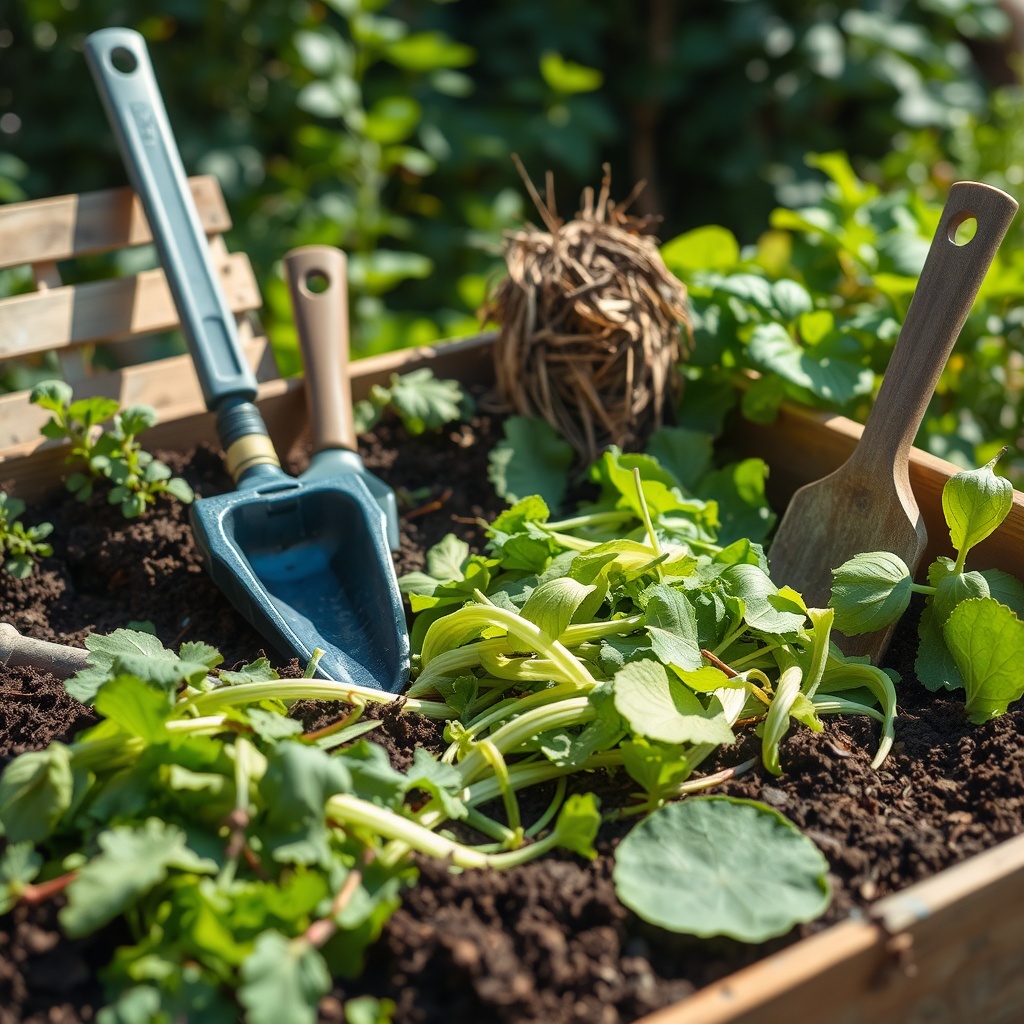
Before diving into composting techniques, it’s essential to grasp what constitutes hydroponic waste. This waste often includes plant trimmings, spent growing media, and nutrient solution residues. Each type of waste has unique composting requirements and benefits, making it crucial to understand their properties. Recognizing these differences ensures that you effectively recycle these materials into high-quality compost.
Steps to Compost Hydroponic Waste
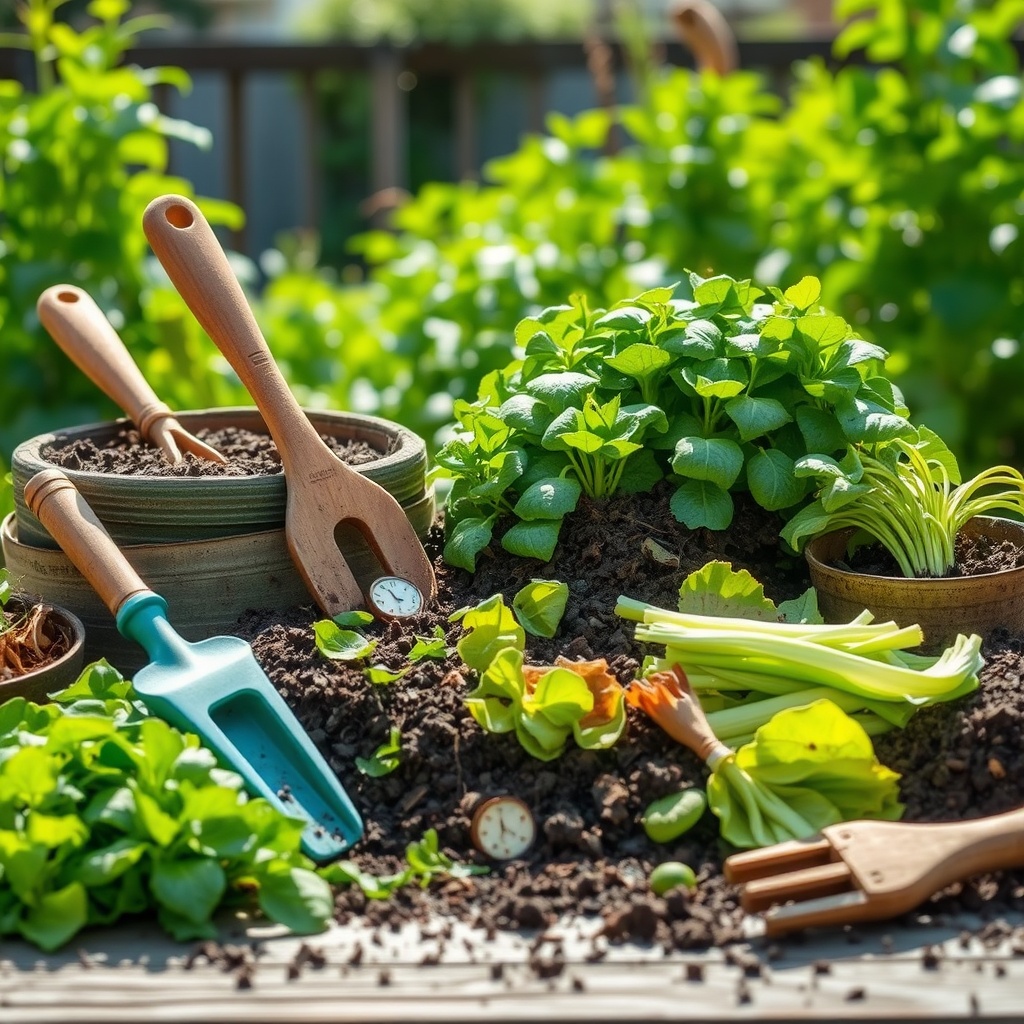
Composting hydroponic waste can seem daunting, but by following a systematic approach, you can create a successful composting system. Here’s a concise list of steps that can guide you through the process:
- 1. Gather Your Materials: Collect plant clippings, spent growing media, and any other organic waste from your hydroponic system.
- 2. Choose a Composting Method: Select between traditional compost bins, vermicomposting, or bokashi composting based on your space and needs.
- 3. Balance Your Greens and Browns: Combine nitrogen-rich green materials (like fresh plant trimmings) with carbon-rich brown materials (such as dried leaves or cardboard) for optimal composting.
- 4. Monitor Moisture and Aeration: Keep your compost pile moist but not soggy, and turn it regularly to ensure aeration.
- 5. Allow Time to Decompose: Be patient and let your compost mature for several weeks to months, turning it regularly until it reaches a crumbly, dark brown consistency.
The Benefits of Composting Hydroponic Waste
Composting hydroponic waste offers a myriad of advantages, not only for your garden but also for the environment. By recycling this waste, you contribute to reducing greenhouse gas emissions, conserve water, and enhance biodiversity. Furthermore, the compost produced can improve soil structure, increase nutrient retention, and foster a thriving ecosystem for beneficial microorganisms. The act of composting itself can be a deeply fulfilling activity, connecting you to the natural rhythms of growth and decay.

